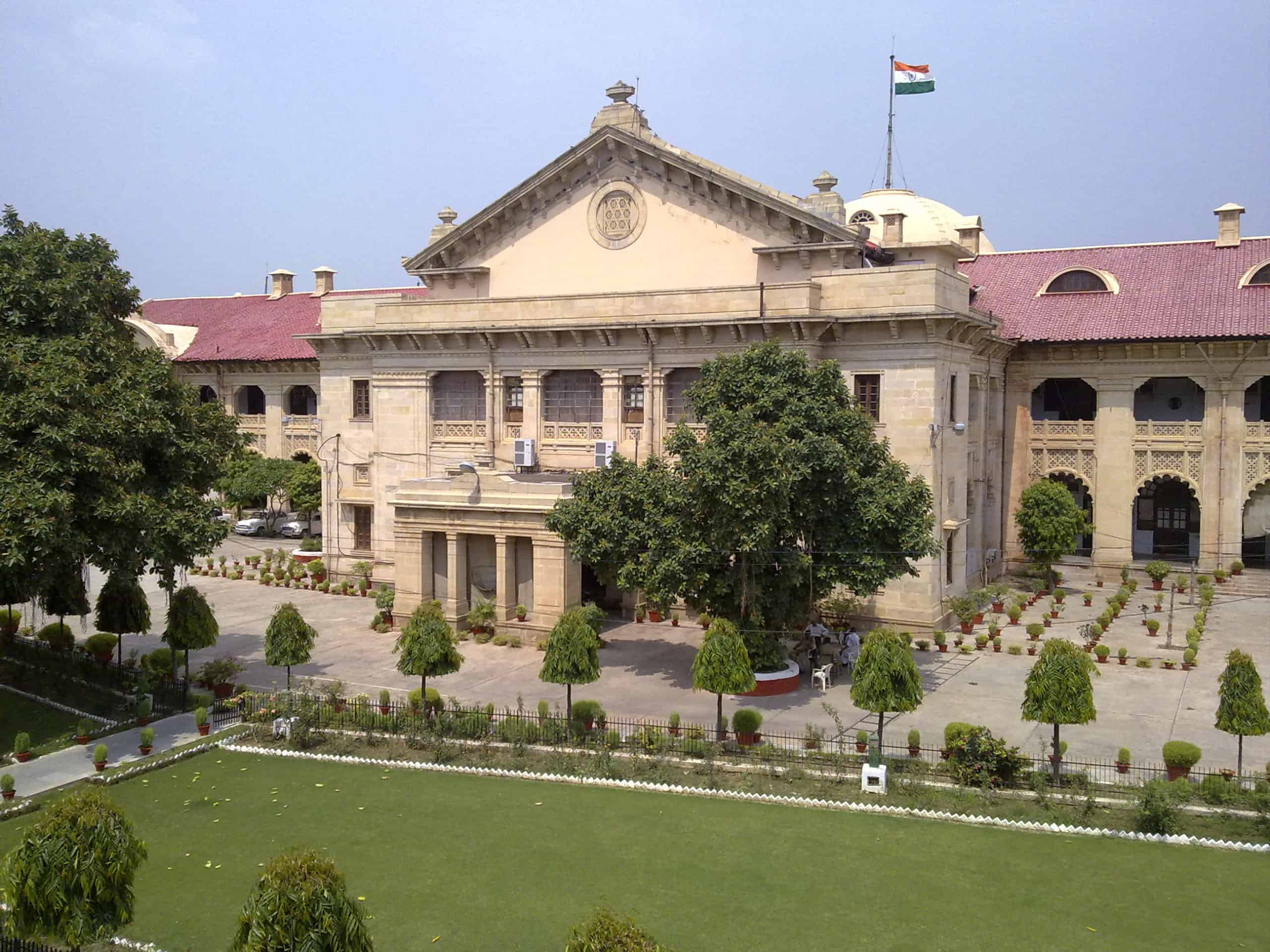The Kerala High Court recently held that the right to pension is a constitutional right and that pensions cannot be paid to retired employees merely at the whims and fancies of the employers [K Aravindan & Ors. v State of Kerala & Anr.].
Justice VG Arun, referring to the judgments of the Supreme Court in DS Nakara & Ors, v Union of India, and Sudhir Chandra Sarkar v Tata Iron and Steel Co. Ltd., observed that pension is deferred salary and the right to the same is akin to the right to property under Article 300A of the Constitution of India.
“The legal position emanating from the above precedents is that, pension is no longer a bounty to be paid at the whims and fancies of the employer. On the other hand, pension is deferred salary, akin to property under Article 300A. The right to pension, if not a fundamental right, is definitely a constitutional right. A retired employee cannot be deprived of this right, save by authority of law,” the Court held in its judgment.
The judgment was delivered on a batch of petitions moved by many retired and current employees of the Kerala Books and Publications Society (KBPS), which is wholly owned by the Government of Kerala and prints and supplies textbooks to the Education Department.
Factual Background
The society’s employees were brought under the Employees Provident Fund (EPF) and Miscellaneous Provisions Act, 1952, from April 1981. The Employees Pension Scheme was also made applicable after it was launched in the year 1995.
The KBPS later decided to constitute a two-member committee to conduct and submit a report regarding the possibility of forming a separate pension fund for its employees.
This was done after demands from the labour unions pointing out the huge disparity in salary and pension between government employees and KBPS employees, despite it being fully owned by the government.
The committee suggested payment of pension in the manner provided under Part III of Kerala Service Rules.
After due deliberation, the government granted permission to enforce the Pension Regulations, 2014.
Arguments of retired employees
Three of the petitions before the Court sought a declaration that the petitioners are entitled to get full pension with effect from the date of their retirement in accordance with the Pension Regulations, 2014.
The retired employees argued that as per Regulation 8(3) of the Pension Regulations, 2014, the KBPS is bound to discharge full pension to the petitioners by utilising its profits.
It was further submitted that the KBPS has been running on profit for many years, as would be evident from a reading of the report submitted by the two-member Committee.
Relying on a slew of Supreme Court precedents, it was argued that the right to receive pension is a fundamental right and that pension has even been recognised as property under Article 300A of the Constitution of India.
Arguments of current employees
Two petitions were filed by employees currently in service, seeking to quash the Government Order notifying the Pension Regulations, 2014 arguing that the EPF Act is more beneficial as under the EPF pension scheme, payment of pension is assured while under the Pension Regulations, 2014, it is only a remote possibility.
Hence, these petitioners submitted that they do not want to be shifted from the EPF Pension Scheme to the scheme under the Pension Regulations of 2014.
Arguments of Respondent-KBPS
It was submitted that the society is not actually making huge profit and in any event, under the prevailing circumstances, the revenue generated by the society cannot be utilised for payment of pension to retired employees.
Full pension can be paid only if the contribution already made is refunded by the EPF Organisation or the huge amounts due from the government are paid, both of which have not yet been done.
Court’s Analysis
The Court noted that going by Pension Regulations of 2014, an employee will become entitled to pension from the next day of his retirement.
The Court noted that there is no provision enabling the employer to pay any amount lesser than what is legitimately due to the pensioner.
Even if a significant portion of the corpus of the pension fund consists of the amount to be refunded by the EPF Organisation, the question remains whether the retired employees can be denied pension on that ground.
On going through precedents on the issue and the facts of the case, the Court held that the KBPS is required to pay the pension dues in full at the earliest.
“Applying the above principles to the instant case, I have no doubt that, having formulated the pension regulations and having stopped payment of contribution to the EPF pension fund, the society cannot wriggle out of its responsibility by pleading paucity of funds. It is for the society to stimulate the required funds, either from its profit or revenue. The dispute with the EPF Organisation and the delay in receiving back the EPF contribution, are not acceptable as an excuse for non-payment of eligible pension to the retired employees,” the Court held as it allowed the petitions filed by both retired and current employees.
Advocates Kaleeswaram Raj and TM Raman Kartha appeared for the retired employees, and advocates P Ramakrishan and Sherry J Thomas appeared for the existing employees.
Advocate Latha Anand appeared for the KBPS, Government Pleader V Venugopal for the State and advocate S Prasanth for the Employees Provident Fund Organisation.
Source Link




